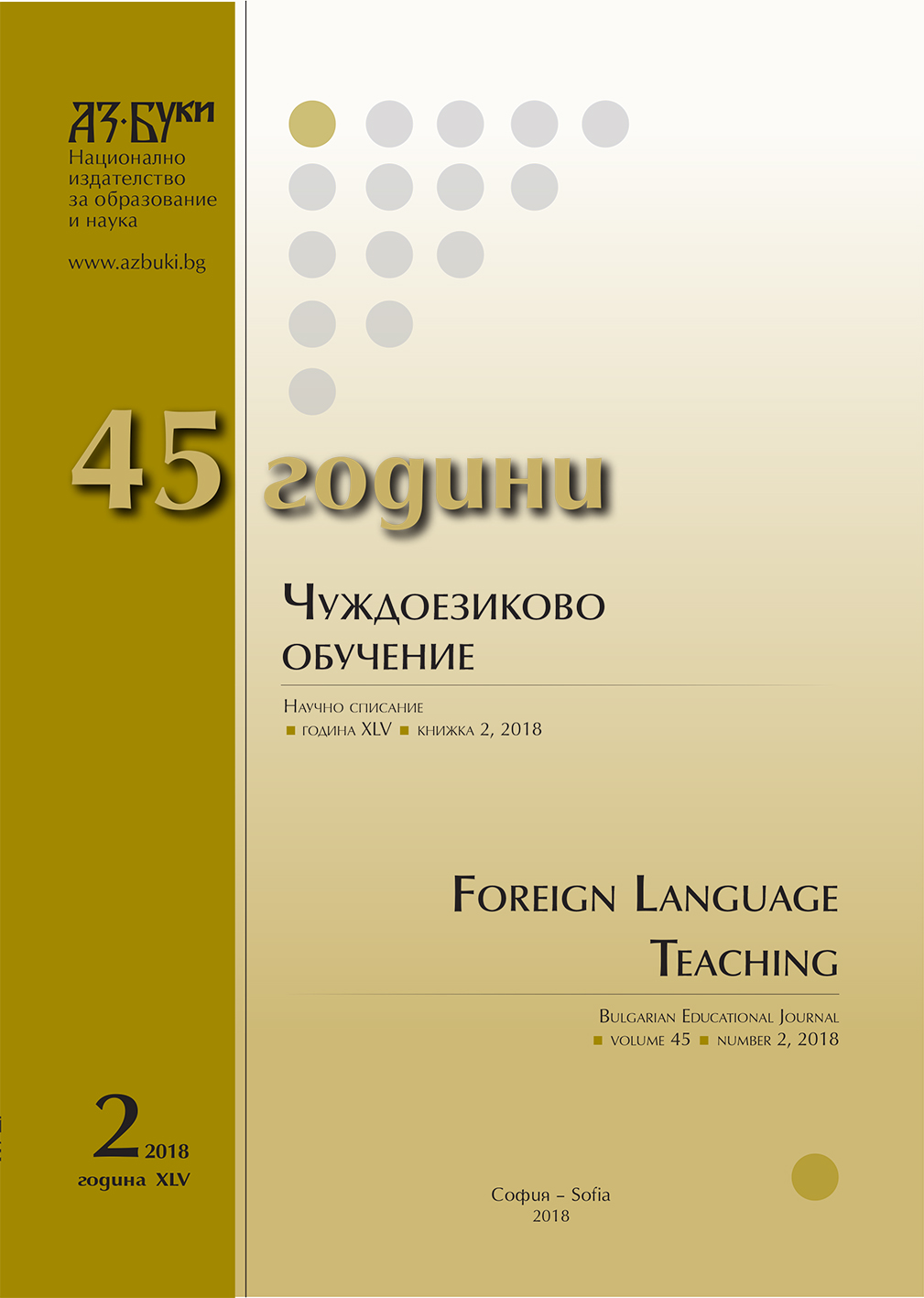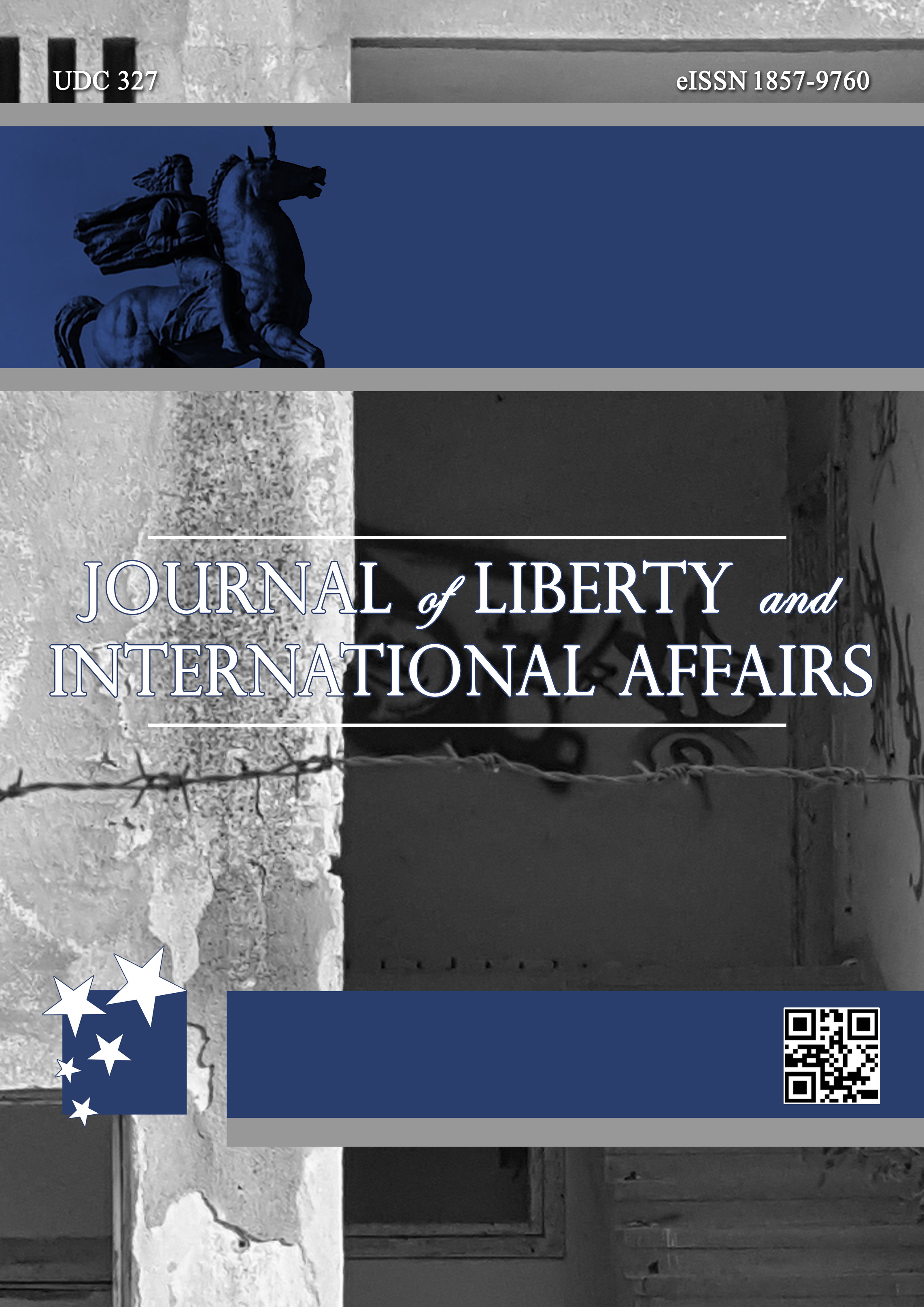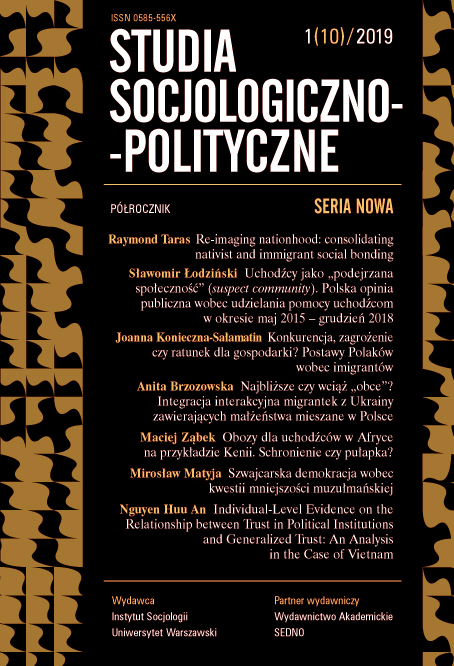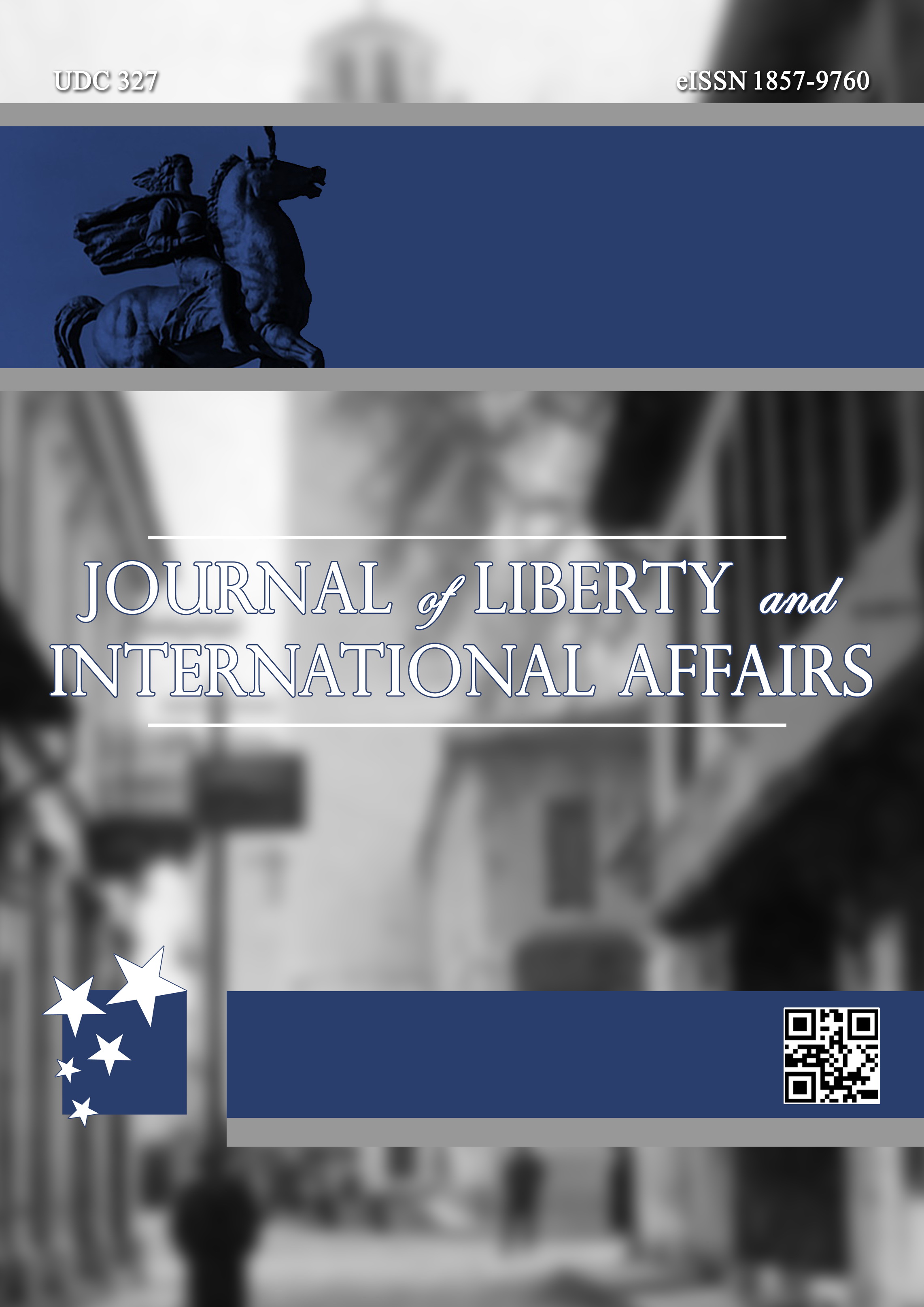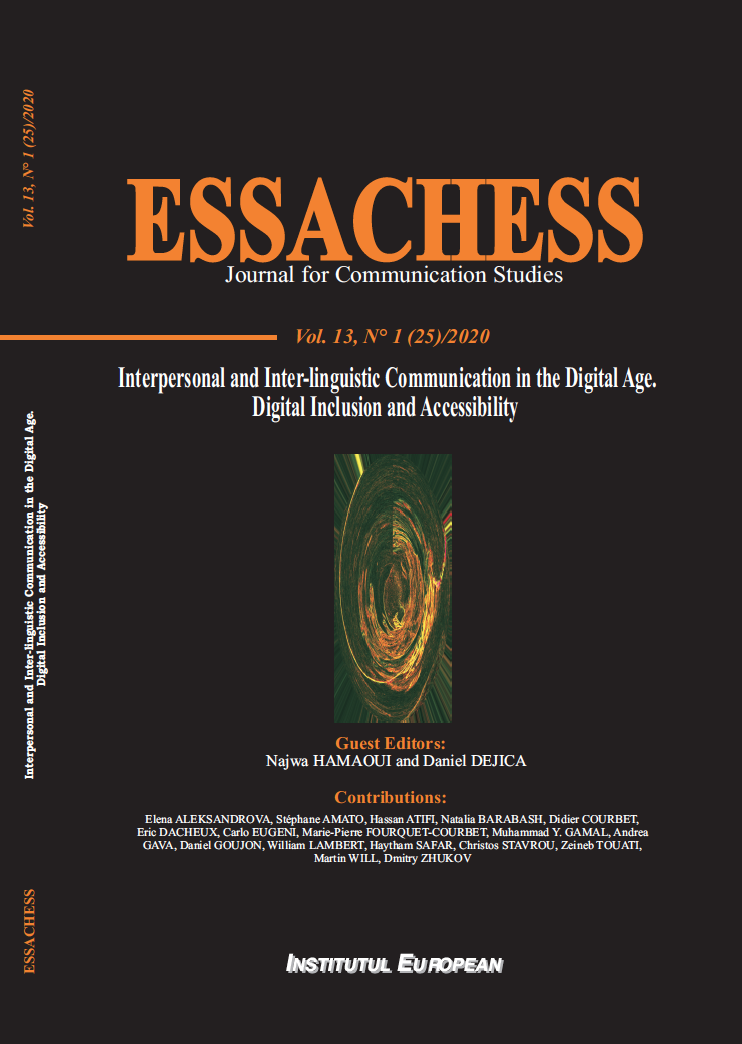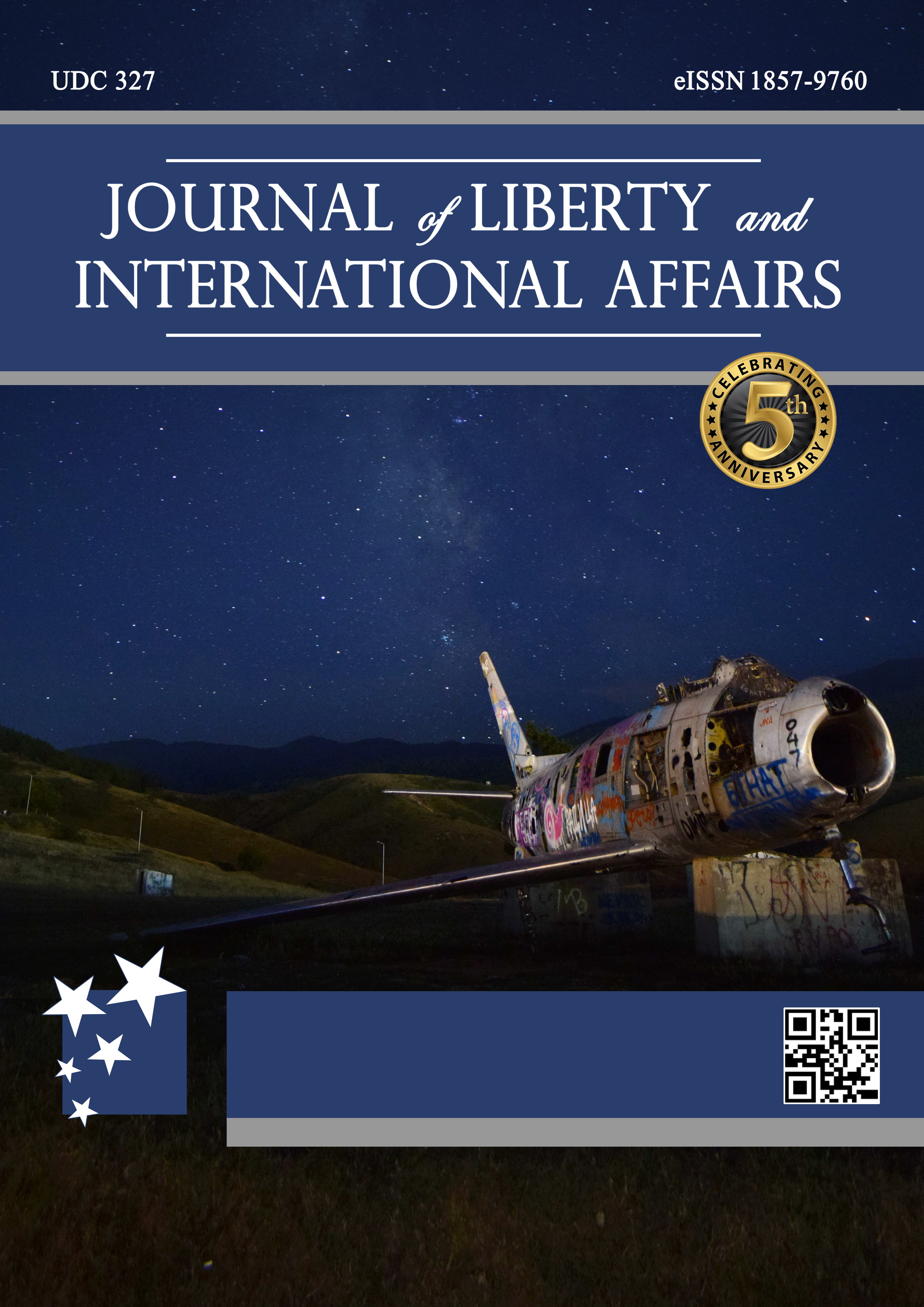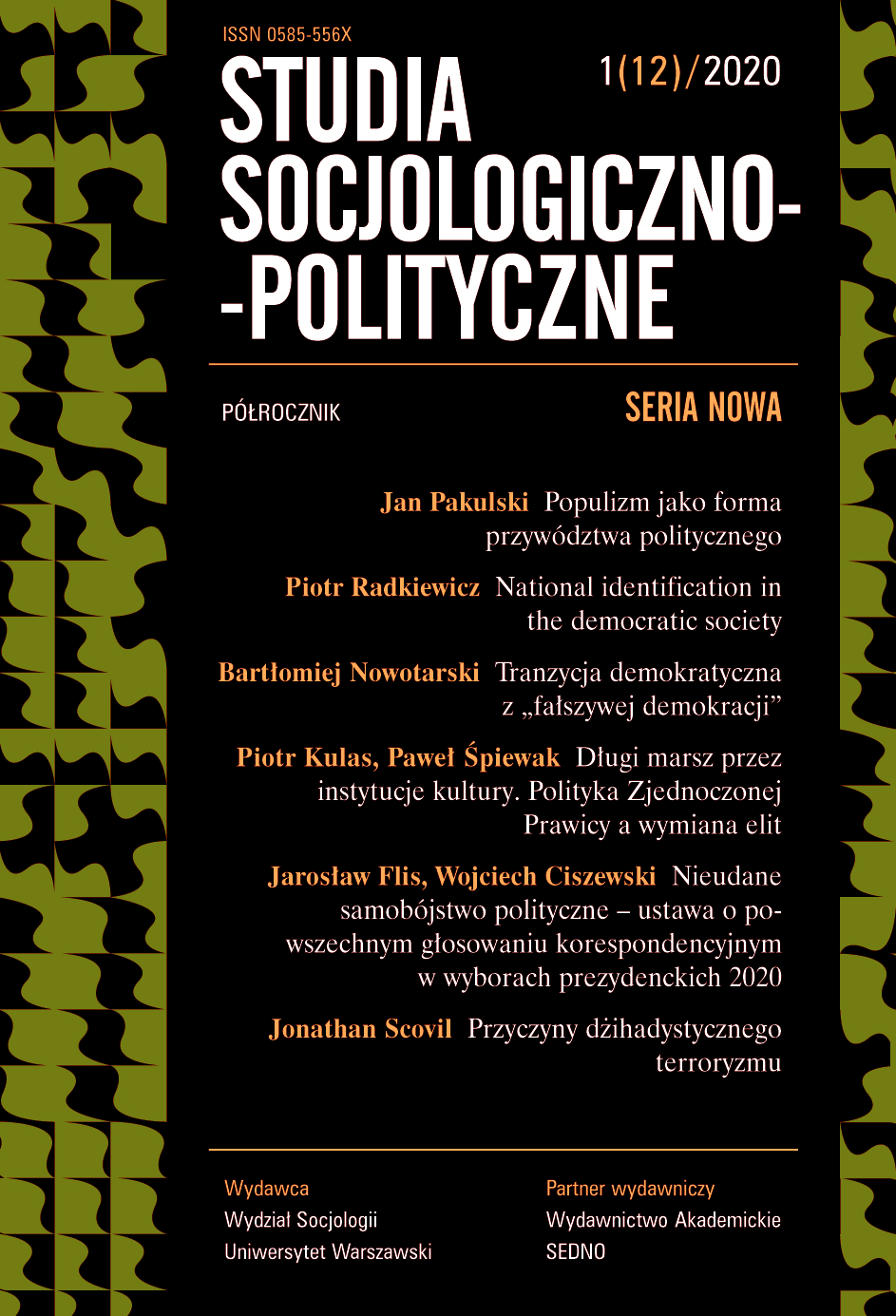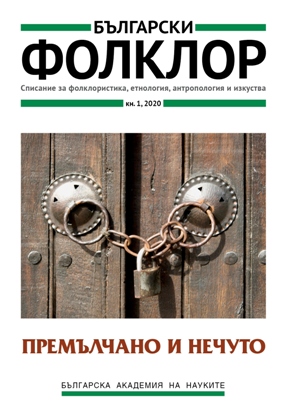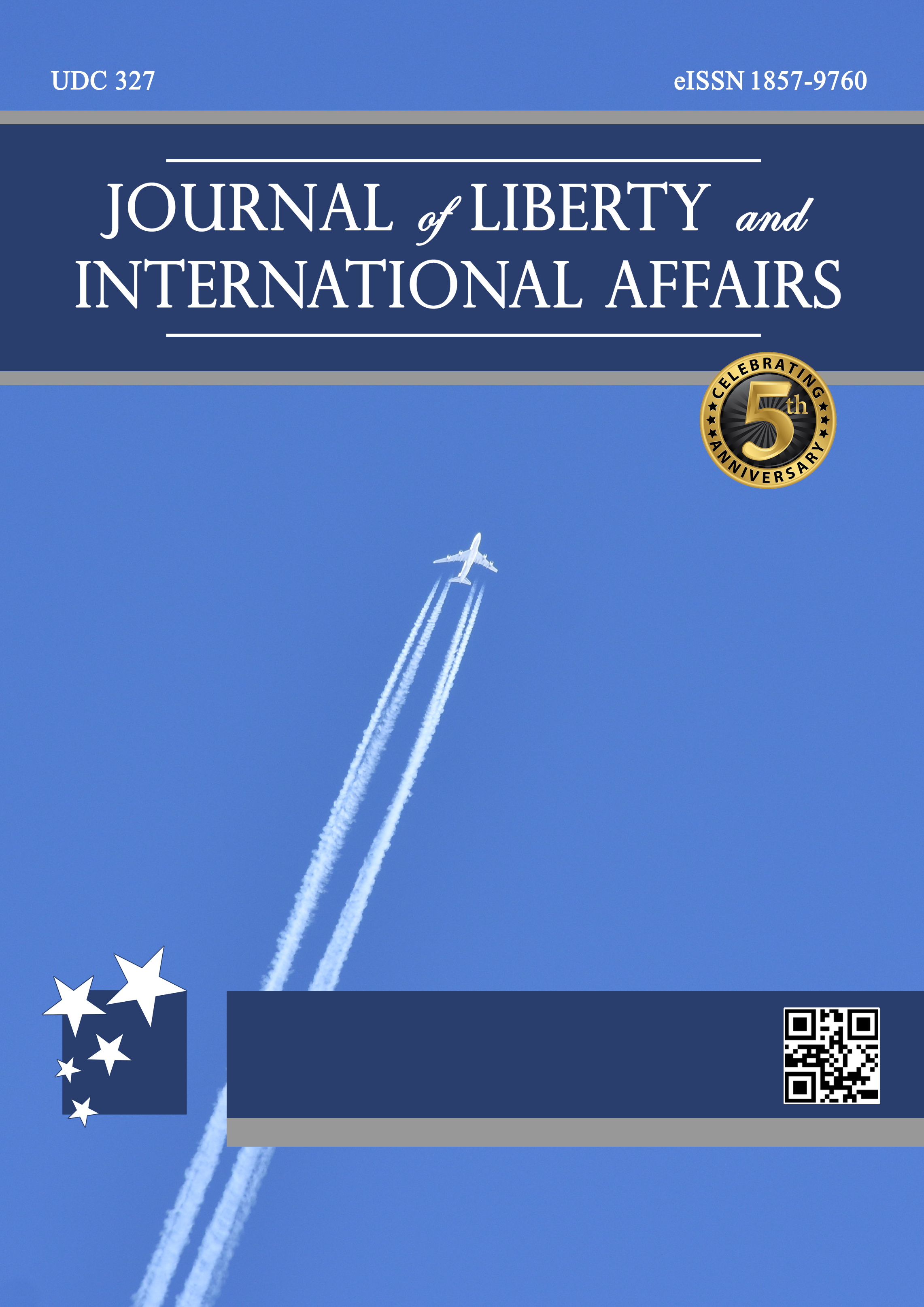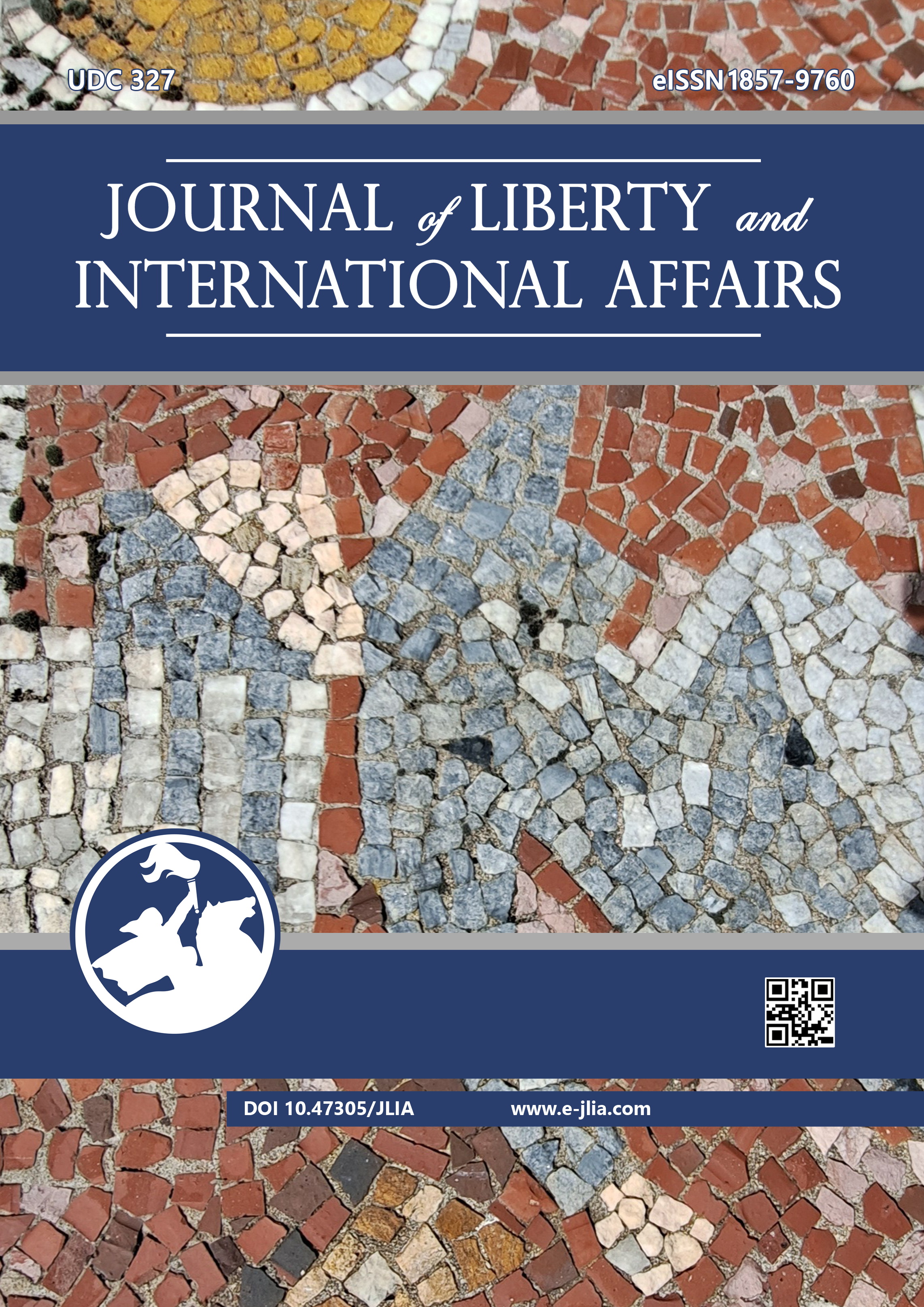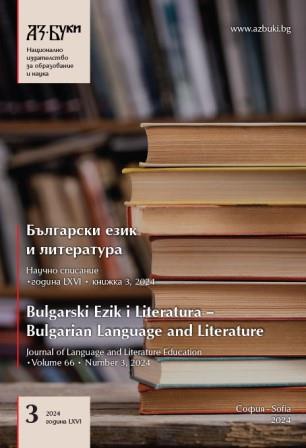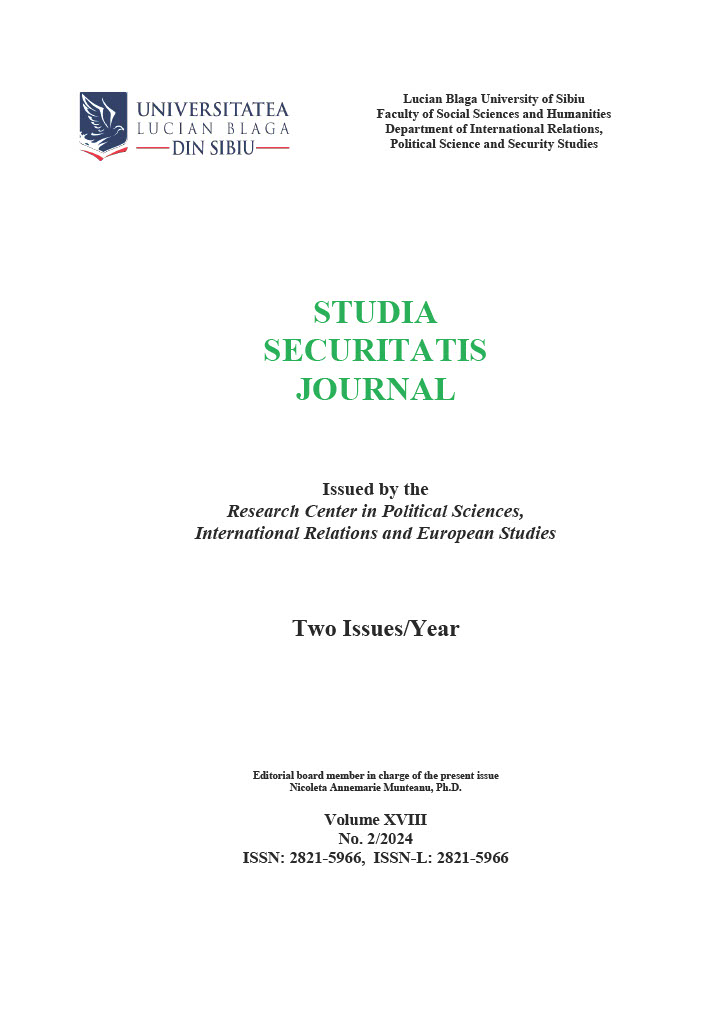Author(s): Elena MÂRZAC / Language(s): English
Issue: 2/2024
This paper examines strategic communication's important role in countering hybrid threats through early detection, real-time response, and collaboration among government, civil society, and technology sectors. Hybrid threats, such as foreign information interference, disinformation, cyberattacks, and political influence campaigns, present challenges to national security, particularly in the digital age. By fostering societal resilience and enhancing public trust in institutions, strategic communication frameworks are essential to safeguarding national interests. This paper explores how strategic communication frameworks can detect, respond to, and mitigate the impacts of hybrid threats, rapid and coordinated responses. Strategic communication can prevent the spread of disinformation, help build national resilience. By creating collaborative networks and using digital technologies, strategic communication protects national security and underscores their role in safeguarding national resilience. It aligns messaging across agencies, reinforcing government credibility during crises and fostering societal resilience through transparent, accurate information. By engaging with diverse audiences, StratCom adapts messages to influence positive public behaviors and build social cohesion. Additionally, it supports national interests by unifying government and societal efforts under clear objectives, while protecting information channels to secure communication. This proactive, coordinated approach strengthens democratic values and national security against hybrid threats.
More...
